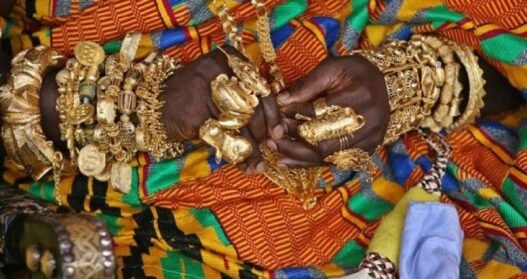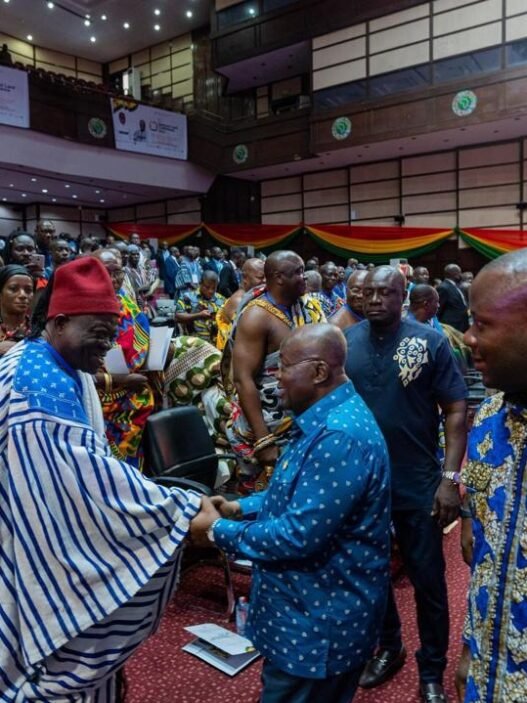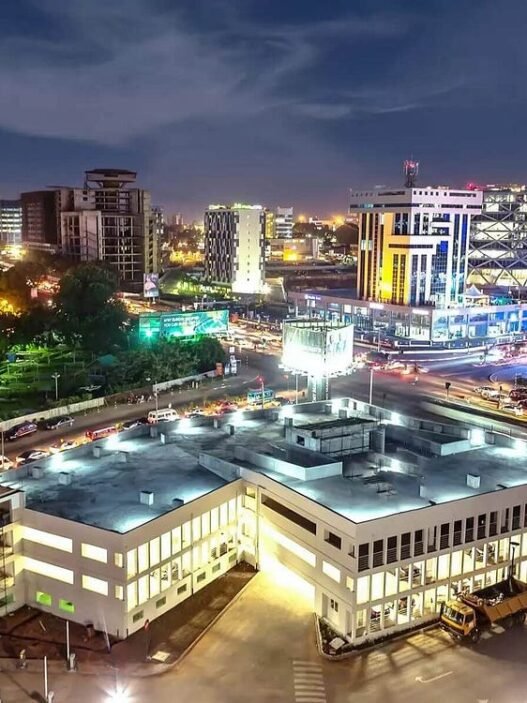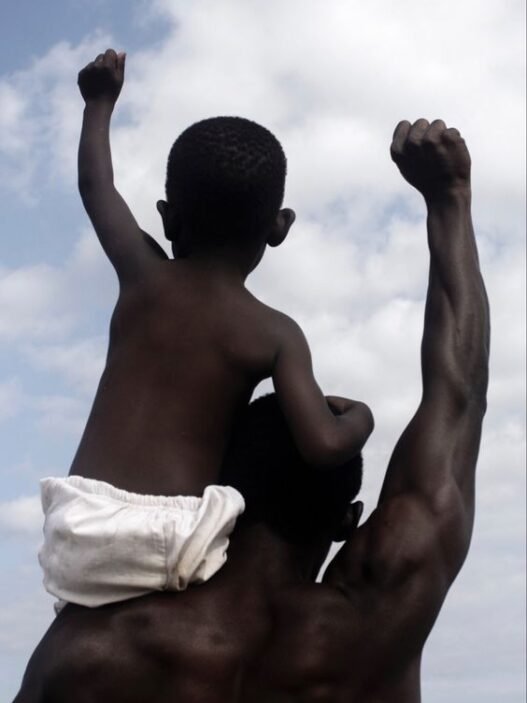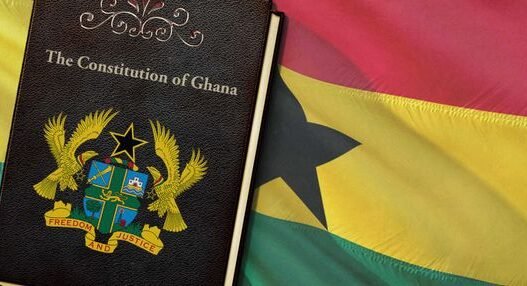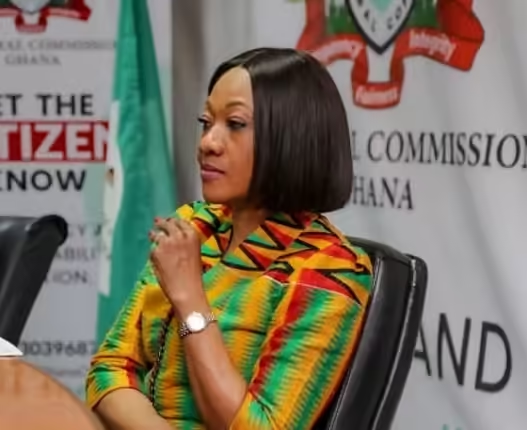In Ghana, traditional rulers have historically been respected as the custodians of culture, values, and community welfare. However, in recent years, there has been a growing concern about the increasing involvement of chiefs in politics. Many Ghanaians are asking: Are our chiefs really serving the people, or are they just in it for their own gain?
“Are our chiefs really serving the people, or are they just in it for their own gain?“
The Role of Chiefs in Politics
Traditionally, chiefs have had a significant influence on governance, acting as intermediaries between the people and the state. They play a crucial role in conflict resolution, land management, and the preservation of culture. Yet, the lines between their traditional duties and political ambitions have become increasingly blurred.
Many chiefs are now openly endorsing political parties, and some even hold ceremonial positions in government, raising questions about their neutrality and commitment to serving the broader interests of their communities.
Political Endorsements: A Conflict of Interest?
During election seasons, it’s not uncommon to see chiefs openly endorsing candidates, often receiving gifts, donations, or promises of development in return. While some argue that chiefs have a right to engage in political processes, critics see these endorsements as a conflict of interest that undermines their authority as non-partisan leaders.
- Whose Interests Are They Serving?: Are chiefs backing politicians who will genuinely bring development to their communities, or are they motivated by personal gain? The perception that some chiefs are more concerned with filling their pockets than advocating for their people is growing.
- Development vs. Loyalty: Some chiefs justify their involvement by arguing that aligning with politicians is the only way to secure development for their people. But does this compromise their ability to hold leaders accountable and remain independent voices for their communities?
Greed and Corruption: A Growing Problem
Reports of chiefs engaging in corrupt practices are becoming more frequent. From involvement in shady land deals to pocketing royalties meant for their communities, the image of the noble chief is being tarnished by accusations of greed.
- Landguard Menace: Some chiefs have been accused of colluding with landguards and politicians to seize and sell community lands illegally, prioritizing profits over the welfare of their people. This growing issue of landguard wahala has led to land disputes, violence, and a loss of trust in traditional leadership.
- Royalties and Resource Control: In areas rich with natural resources, some chiefs have been accused of hoarding royalties meant to improve local infrastructure and livelihoods, leaving their people in poverty while they live in luxury.
The Consequences of Political Involvement
When chiefs become deeply entangled in politics, they risk losing the respect and trust of their people. Many communities now view their traditional rulers as self-serving, more interested in cozying up to political elites than addressing the real needs of their people.
- Erosion of Trust: Chiefs are meant to be the voice of the voiceless, but when they are seen as pawns in the political game, their authority is weakened. This erosion of trust can lead to social unrest and the breakdown of traditional governance systems.
- A Compromised Future: If chiefs continue down this path of political alignment and personal enrichment, they may lose their relevance in the long term. Without the people’s trust, their role as custodians of tradition and moral authority will be forever compromised.
Conclusion: The Need for Accountability
The involvement of chiefs in politics is not inherently negative. However, when their actions are driven by personal gain rather than the well-being of their communities, they risk damaging their reputations and the legacy of traditional leadership in Ghana. Chiefs must remember that they serve as the bridge between the past and the future, and that their loyalty should always lie with the people—not their bellies.









